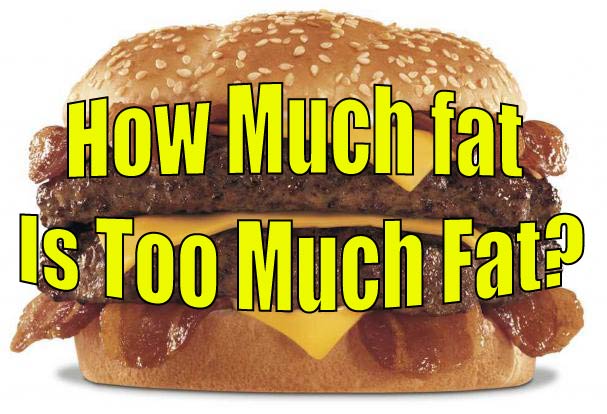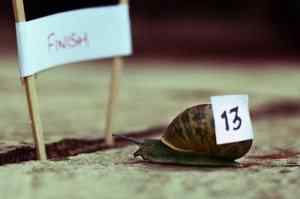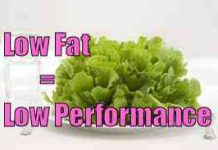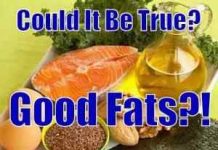What Are The Dangers Of Eating Too Much Fat In Your Diet?
There is such thing as too much of a good thing, and that’s especially true in regards to an increase in fat intake. So, in this article, we’re going to cover the potential downfalls of maintaining a diet plan with too much fat.
 In Part 1 of this series, we discussed the disadvantages of a low-fat diet and the advantages of a high-fat diet. We also covered how cycling a high-carb diet with a high-fat diet can maximize your performance on race day. So based on research and studies, it’s now safe to say that a diet higher in fat can be beneficial – especially for endurance athletes.
In Part 1 of this series, we discussed the disadvantages of a low-fat diet and the advantages of a high-fat diet. We also covered how cycling a high-carb diet with a high-fat diet can maximize your performance on race day. So based on research and studies, it’s now safe to say that a diet higher in fat can be beneficial – especially for endurance athletes.
The Irony Of Fats & Energy Levels
As you probably already know, fat is primarily stored energy in the body. And research now backs the claim that higher levels of consumption can increase performance and endurance.
But if more fat means more energy, why do obese people suffer from lower energy levels?
That’s the irony of the relationship between fats and energy. You have to maintain the proper amount to reap the benefits. Too little fat will result in a drop in endurance. Excessive fat and bad fat will do the same. But why is that so?
To answer that, we need to reexamine the fact that fat is energy, also called calories. When your body takes in too many calories, it cannot efficiently burn it all off. The lack of calorie use leads to excess storage that weighs the body down. And excess weight prevents your body from absorbing the proper nutrients it needs to run efficiently.
The Main Reasons Why A Diet High In Fat Is Bad For Performance
Ingesting too much (over 35% of your daily recommended amount) for an extended period can result in the following performance issues:
Too much can slow you down. Excessive fat stores naturally weigh the body down when performing any type of physical activity. Excess fat will significantly decrease your levels of overall performance while also making you sluggish.

Too much can decrease efficiency. That extra weight and loss of endurance will also make you less efficient on the track. You won’t be able to maintain your same level of performance throughout the race. Plus, your reaction times will be significantly lower.
How to Avoid Eating Too Much Fat
The same courses of action used to prevent eating too little fat also work when it comes to preventing excessive fat intake:
Watch what you eat daily. Take in no more than 35% of your daily-recommended amount in fat.
Eat foods that are rich in good fats. Most often found in nut butter, nuts, seeds, and fish.
Part 3 will cover the topic of bad fats: what they are, why they’re good, and which specific foods have them.
Editor’s Note: This is Part 2 of the Fitness Fats rider nutrition series – a four-part series where we explore the effects of dietary fat on rider performance. Here’s a link to Part 1: Too Little Fat if you missed it.
If you have any questions or anything to add, please leave them in the comments or on our FaceBook page!
Keep Reading – Part 3: What Are Bad Fats?




